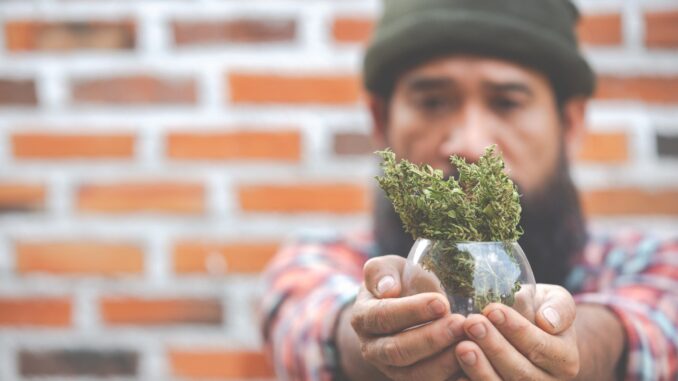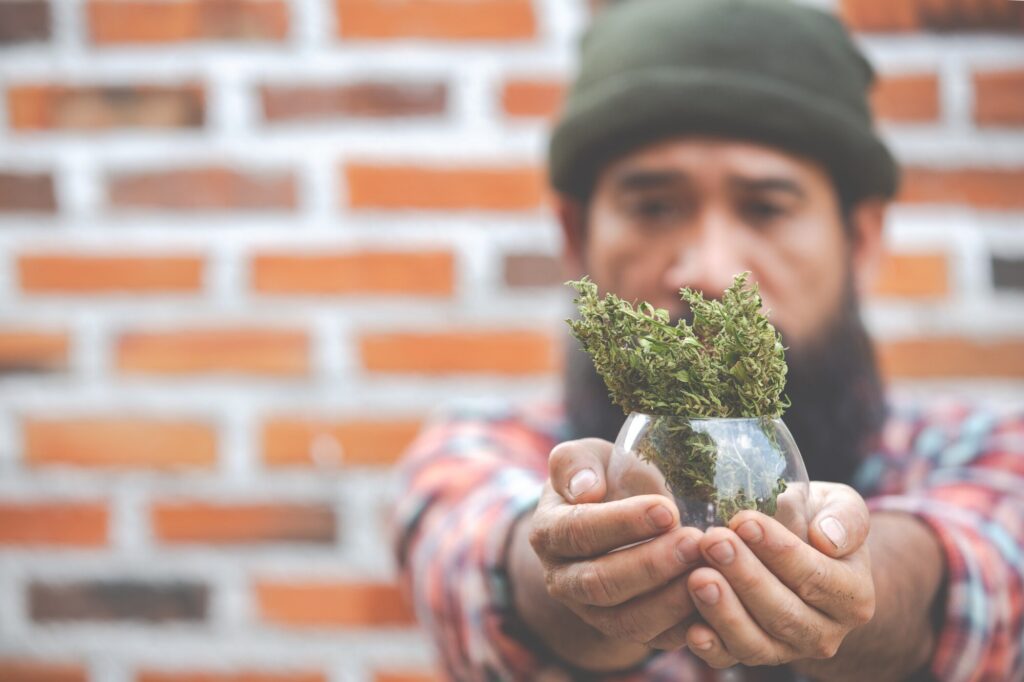

The wave of cannabis legalization sweeping various parts of the world is reshaping not just legal frameworks but cultural norms, too. In this evolving landscape, industries like the artisan distillery sector observe the broad effects of such cultural shifts. As cannabis transitions from a traditionally outlawed substance to a contender in legitimate business sectors, societies are witnessing a blend of opportunities and challenges that come with this rapid change. This article delves into the layers of impact that cannabis legalization brings, examining cultural shifts, economic benefits, social equity, and more.
Introduction to Cannabis Legalization
Cannabis legalization is becoming a global phenomenon, marking a shift in the legal landscape from restrictive laws to more open frameworks. This pivotal change reflects society’s evolving view of cannabis as it becomes a part of mainstream conversation. As governments enact laws that permit medical and recreational cannabis use, they also pave the way for numerous economic opportunities and societal changes, extending from cultural acceptance to new entrepreneurial ventures.
Historical Context of Cannabis Use
Cannabis use dates back thousands of years, finding its origins in ancient civilizations where it was cultivated for medicinal, spiritual, and recreational use. Early records indicate its use in China and India, where it played a significant role in religious ceremonies and healing arts. However, as history progressed, varying degrees of prohibition and negative stigmatization arose, hinging on cultural, political, and social biases. Understanding this complex backdrop is essential to comprehending current global trends toward legalization and societal acceptance.
The Cultural Shift Toward Acceptance
As cannabis finds its place in mainstream society, an undeniable cultural shift is unfolding. Many cultures that previously associated cannabis with negative stereotypes are now recognizing its potential benefits. This transition is characterized by a growing number of public figures and media outlets endorsing cannabis, as well as increased public discussions around its uses and benefits.
Changes in Popular Culture
The normalization of cannabis is vividly reflected in popular culture. This normalization is evident in films, music, and literature, where cannabis is often depicted as a source of creativity and relaxation rather than delinquency. Artists and creators across various media are celebrating cannabis, not only for its psychoactive effects but for its rich cultural heritage and medicinal properties. This cultural representation further supports the dispersion of outdated stigmas and nurtures societal acceptance, contributing to cannabis’s reintegration into cultural norms.
Media Influence on Perception
Media has significantly influenced public perception of cannabis, often acting as a mirror reflecting societal attitudes. According to HuffPost, a diverse range of media platforms have played a part in illuminating the multifaceted nature of cannabis. From documentaries exploring its history to news segments discussing legislative changes, these media portrayals help inform public discourse, presenting balanced views that underscore both its benefits and potential risks.
Economic Impacts of Legalization
The legalization of cannabis has ushered in substantial economic benefits, contributing to a burgeoning global industry. In regions where legalization has been embraced, there has been a notable surge in job creation across different sectors, including cultivation, retail, and distribution. Additionally, governments have seen increasing tax revenues from cannabis-related sales, funds that can be channeled into community development and public services. This financial boon underlines the significant economic advantages that accompany cannabis legalization.
Social Equity and Cannabis Policies
While economic benefits are significant, social equity remains a critical focus within the dialogue on cannabis legalization. Policymakers are working hard to correct historical injustices tied to the drug enforcement policies that disproportionately affected marginalized communities. Modern cannabis policies often include initiatives for expunging criminal records and promoting industry participation from impacted groups. Such measures aim to foster equality in burgeoning cannabis markets and ensure that all have the opportunity to benefit from this growing industry.
Public Health Perspectives
Public health considerations are integral to the cannabis legalization debate. While proponents point to potential benefits like pain relief and anxiety reduction, there are concerns about misuse and mental health implications. Ongoing studies continue to explore the short and long-term effects of cannabis consumption, aiming to provide evidence-based conclusions. This research is pivotal in shaping public policy and ensuring that cannabis legalization aligns with overarching health goals.
Environmental Considerations in Cannabis Cultivation
The environmental footprint of cannabis cultivation is a growing concern, driving discussions around sustainable practices. With the surge in cannabis farming, attention is drawn to resource usage, such as water and energy consumption, as well as land impacts. Initiatives and regulations are increasingly promoting sustainable farming methods to mitigate these environmental impacts, as highlighted by reports in Smithsonian Magazine. These efforts are vital in ensuring that the cannabis industry’s growth is harmonized with ecological preservation.
The Future of Cannabis Legislation Worldwide
As more regions move toward cannabis legalization, the global future of cannabis laws looks promising yet complex. Potential changes in international trade and treaty negotiations will likely influence domestic cannabis policies. As emerging markets establish themselves, cooperation and harmonization of laws could lead to robust international standards. This evolution will not only impact commerce and economy but foster cultural and scientific exchanges, shaping a more interconnected global approach to cannabis.
